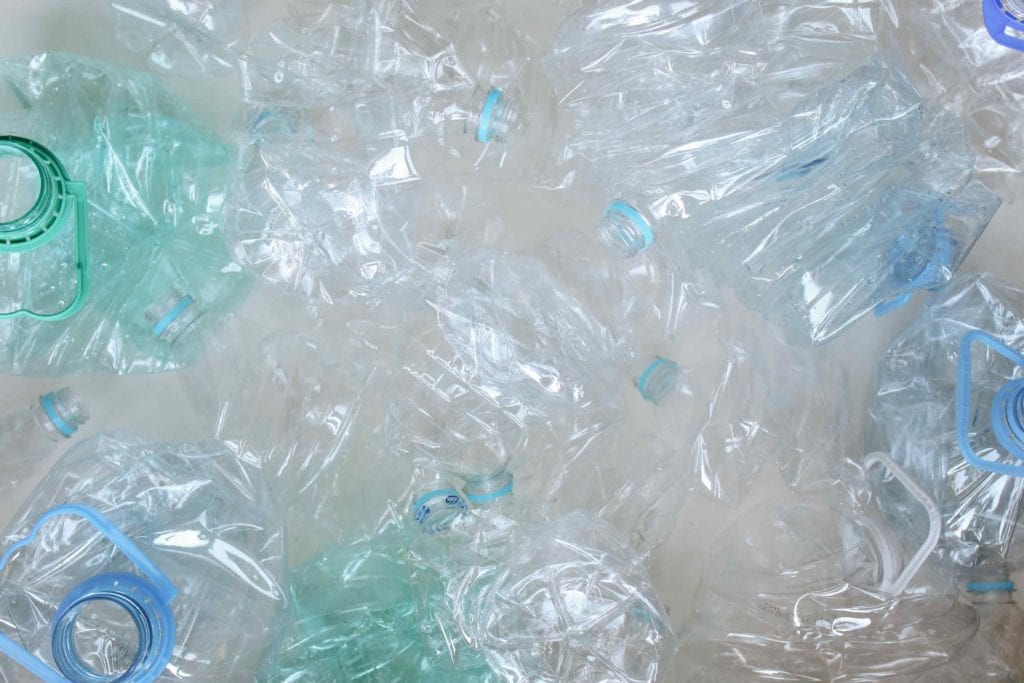The bustling city of Birmingham has made efforts to reduce the city’s production of waste due to an increase of fly-tipping. Birmingham City Council has funded a new initiative this summer (2021) to improve recycling rates and clean the streets in a bid to be more sustainable and presentable. Leaving waste without permission is continuing to rise.
It is said that there are regularly over 800 weekly reports of rubbish waste that has been emptied out onto the streets of the city. The convenience of throwing away rubbish means that more money is being spent on gathering the waste rather than tackling the polluting problem.
There are five household recycling centres in Birmingham. However, the pop-up recycling van will collect non-recyclable items as well as store items that can be recycled or given to charity to be reused. This idea was created to boost recycling and accessibility.
Almost one and a half million pounds has been pumped into the project and it is proposed that every district of Birmingham will be visited at least once in the next year. Due to the COVID-19 pandemic, global tourism has slowed down exponentially and any chance to re-boot and renew the UK’s streets and its environmental impact has been given more thought.
The Wider Problem of Littering
Littering can damage the environment and wildlife that inhabit the surroundings. Animal charity RSPCA state that litter such as plastic bags can entrap animals and cause harm to living things. The RSPCA mentions that they receive on average, 14 calls a day regarding animals harmed by litter and around eleven phone calls per day regarding wildlife impacted by litter. This shows that not only is fly-tipping unsustainable but it is also damaging to nature.
Supporting the campaign is Veolia Environment, the company that deals with Birmingham’s waste. According to Veolia, it costs the city council over one million pounds to clean up the city’s streets. In the hopes of boosting the appearance of the city, Birmingham plans to clear the city and remove as much rubbish from the streets as possible. Many other cities in the UK, have struggled with the amount of waste produced. Not only is getting rid of waste a challenge for plenty of local councils, encouraging people to recycle is also proven difficult.
A few years ago, Birmingham was reported as having one of the worst recycling rates in the country. Apart from London, England’s capital city, Birmingham is the UK’s most densely populated city. As one of Europe’s most inhabited cities, Birmingham still has a huge issue of fly-tipping.
It is said that around five hundred reports of “dumped waste” are made every week pre-pandemic. COVID-19 may have reduced the amount of rubbish left in the city, yet it is difficult to make assumptions. Yet, since 2006 recycling has increased by 150%.
The Statistics Behind Our Waste
Over three billion face masks are said to be thrown away daily because of the 2020/21 pandemic. The amount of waste produced during the COVID-19 the outbreak may have increased due to single-use items needing to be used. However, a general consumption of less, due to government restrictions could lower the magnitude of waste generated.
Nonetheless, it is estimated over one and a half billion tonnes of waste has been produced daily since the beginning of the pandemic. This could be a more realistic picture of the amount of waste being generated.
It is predicted that over forty million tonnes of commercial and industrial waste is produced in the UK every year and over two hundred million tonnes of waste in total is accumulated. The amount of waste the UK produces has caused local governments to figure out ways to tackle the problem.
The pop-up recycling centre on wheels is set to help the issue of recycling. If successful, this initiative could inspire other councils around the UK to implement a similar scheme. Although approximately ninety percent of global waste is not recycled, the problem of accumulative waste will continue to challenge the world’s resources.


